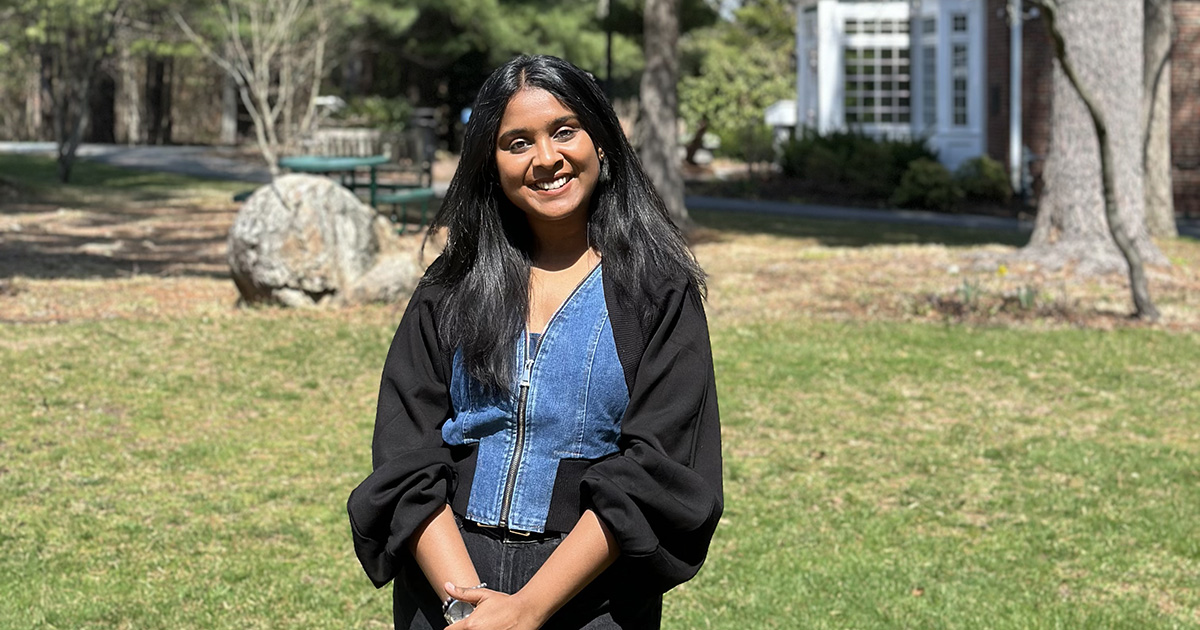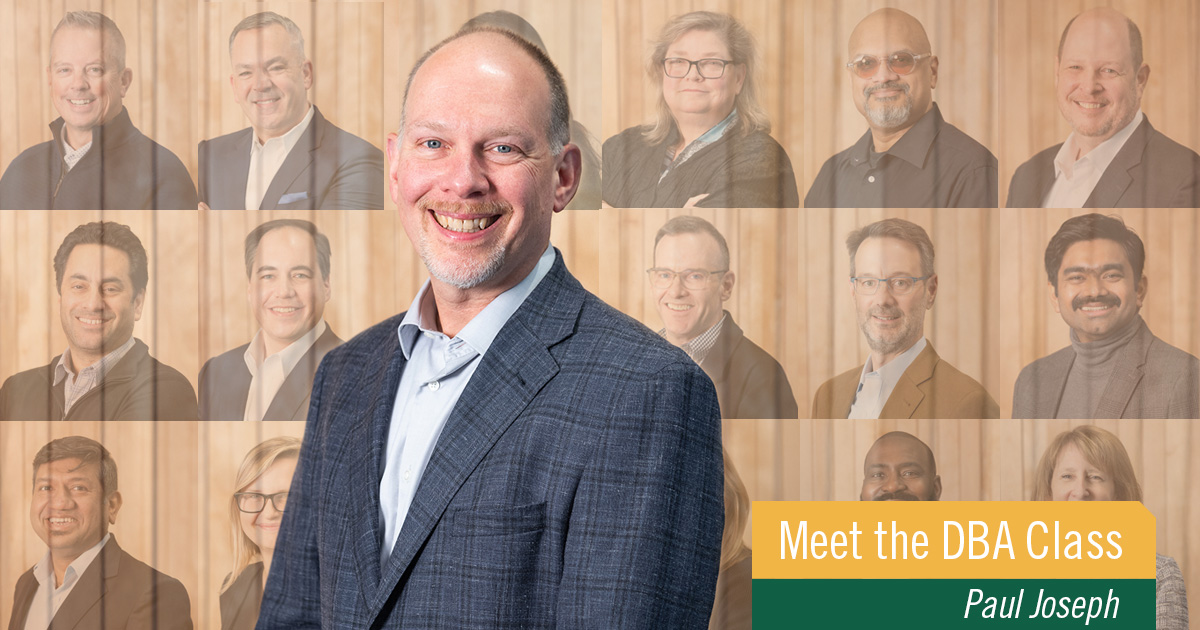The Assignment: How to Grow Entrepreneurship Globally

The task at hand is a big one.
As Babson College students log in to a virtual meeting on a Friday afternoon, they are confronted with an ambitious agenda, one involving heaps of data, weighty ideas, and the chance to improve people’s lives.
It is, in short, not a simple endeavor. There is work to do.
Greeting the students is Andrew Corbett. “Welcome to our workshop this afternoon,” says the faculty director of the Butler Institute for Free Enterprise Through Entrepreneurship, which is hosting the event. “We are here to make good entrepreneurship policy.”
The workshop is essentially a role-playing exercise. Utilizing the rich data from the Global Entrepreneurship Monitor, or GEM as it’s commonly called, teams of students are to act as leaders and policymakers from countries around the world. Their mission is to make recommendations to foster entrepreneurship.
Those recommendations could affect the prosperity and well-being of many, many people. “Entrepreneurship is the greatest force for bringing people out of poverty, and then, from out of poverty into prosperity,” says Ryan Wilson ’22, one of the participating students.
That force of entrepreneurship should not be underestimated. “The entrepreneurial spirit is contagious,” Wilson says. “Societies that begin to prosper begin to prosper at increasing rates. It is a chain effect that policymakers around the world have to set off.”
For the afternoon, the job of the students was to figure out just how to do that.
A Global Perspective
A global consortium of more than 500 researchers co-founded by Babson, GEM is the world’s largest research program on entrepreneurship and is a robust resource for the workshop students to draw on.
Working with such a large data source, however, can seem confusing and daunting to some students, says Smaiyra Million P’21. The workshop hopes to change that, allowing students to dive right into the numbers. “We want to showcase the material as a living, breathing document that can help inform decision making,” says Million, the director of the Butler Institute for Free Enterprise Through Entrepreneurship.
“The entrepreneurial spirit is contagious. Societies that begin to prosper begin to prosper at increasing rates. It is a chain effect that policymakers around the world have to set off.”
Ryan Wilson ’22
Much can be learned from GEM and its global data. Among other things, says Corbett, students can understand what macro-level factors affect startups, why people are motivated to become entrepreneurs, and whether they even see entrepreneurship as a career choice.
“The scope of the research is so diverse,” Wilson says. “You can enter any country from any perspective. There is always something new to learn through it.”
One thing that stands out from the data is just how common the longing to build a business of one’s own is. “Entrepreneurship is fundamentally human,” Wilson says. At the same time, the circumstances surrounding entrepreneurship vary greatly around the globe.
“Context always matters,” says Corbett, the Paul T. Babson Distinguished Professor of Entrepreneurial Studies. “In this workshop, we want to put the students in another part of the world so they can understand what factors can trigger or constrain entrepreneurship in that region. The workshop can really help the students get a global perspective.”
The Stories Behind the Data
As part of the workshop, student teams look at GEM data from one of 10 countries and identify the nation’s entrepreneurial strengths and deficiencies and propose policies to further grow entrepreneurship there.
The students find the GEM data tells an illuminating story about the countries and their people. “In a way, the statistics tell a greater story compared to articles you would find on the internet because they were so in-depth,” says Michael Cantaluppi ’22, who works on a team looking at data from India.
Wilson, whose team examines Brazil data, agrees. “It changes the way you see the world. It changes the way you see people,” he says. “There is a story behind every statistic.”
As the workshop comes to a close, the student teams report their findings. Talking about their countries’ entrepreneurship education and infrastructure, bureaucratic support and entrepreneurial attitudes, they propose how governments can make changes.
Thinking of all the factors that can influence a country’s entrepreneurial environment, Alaa Abusalah MS’22 admits that she never considered the important role that government leaders can play. She participated with Cantaluppi on the India team.
“I’ve served in local government most of my career, but I never really thought about how influential governments can be to enabling an ecosystem of entrepreneurship,” Abusalah says. “The GEM workshop helped put things in perspective.”




